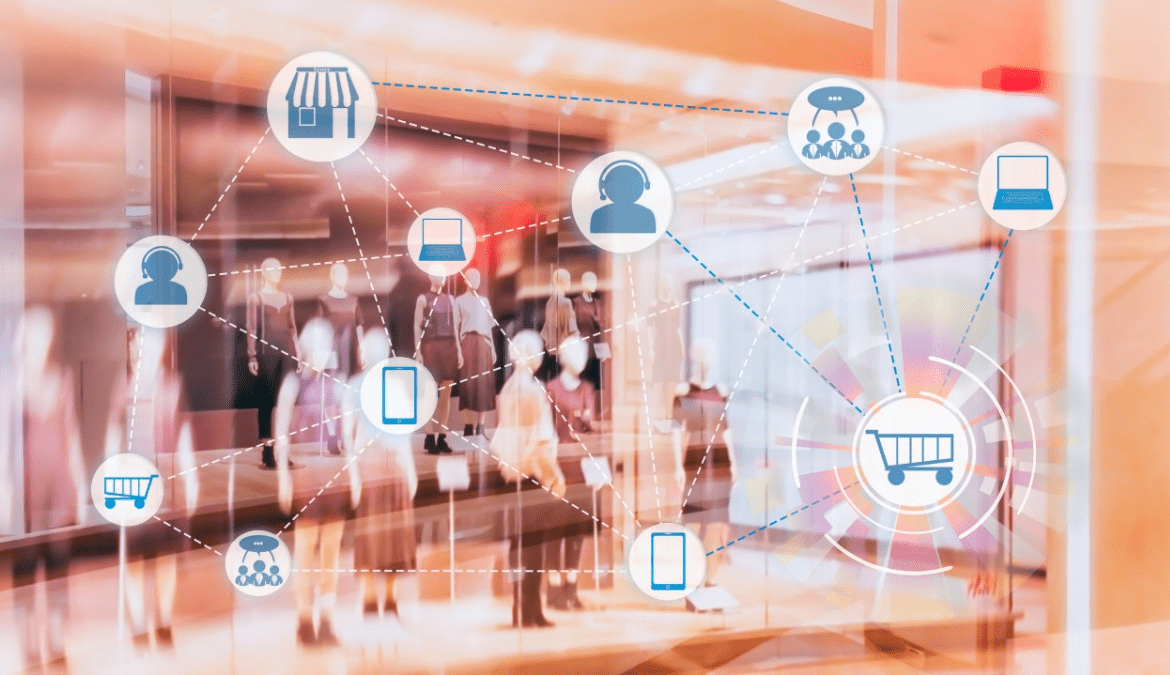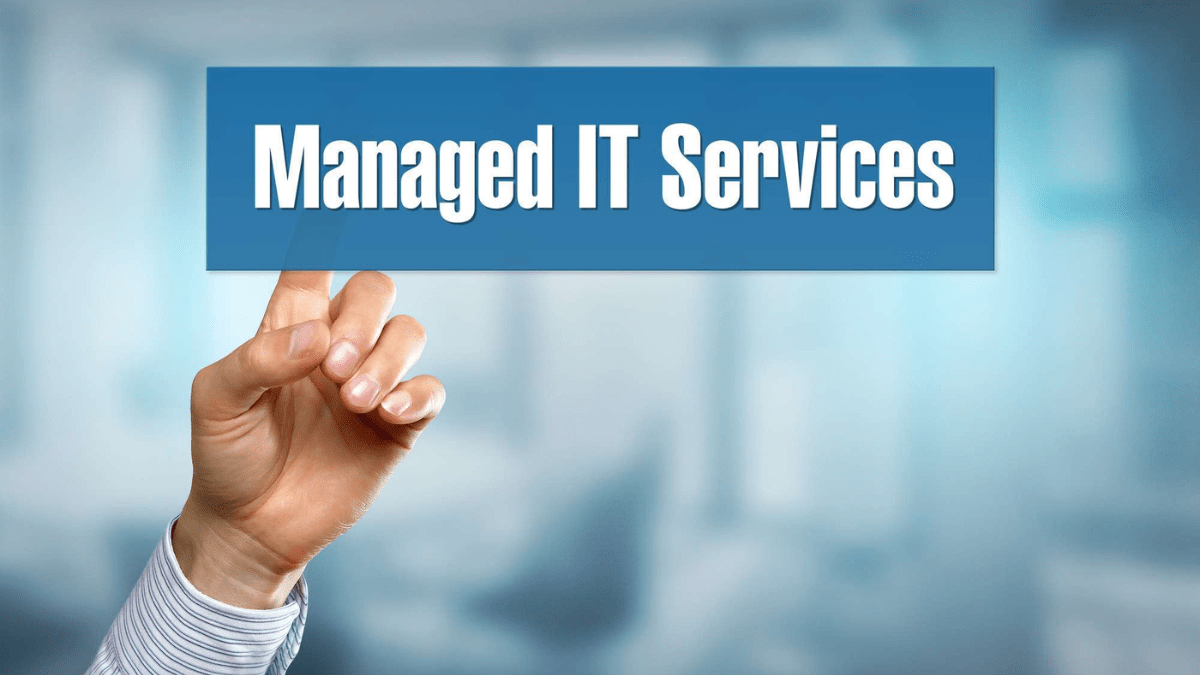In today’s digital age, data is often hailed as the new currency, and nowhere is this truer than in the world of retail. Retailers are sitting on vast reservoirs of customer data, transaction histories, and operational insights. Leveraging this data has become essential for staying competitive and profitable. This is where IT services play a pivotal role, transforming raw data into actionable insights and, ultimately, income. In this blog, we’ll delve into the world of retail data monetization and how IT services are turning these insights into income.
The Power of Retail Data
Retailers are collecting data at an unprecedented rate, thanks to point-of-sale systems, e-commerce platforms, loyalty programs, and IoT devices. This data encompasses customer preferences, purchasing behavior, inventory levels, foot traffic patterns, and much more. However, the real value lies in the ability to convert this data into meaningful insights.
IT Services as Enablers
To extract value from retail data, retailers are increasingly turning to IT services. These services encompass a range of capabilities:
- Data Integration: IT services integrate data from various sources into a unified platform. This consolidation is crucial for holistic insights.
- Data Analytics: Advanced analytics tools and machine learning algorithms can crunch through massive datasets to uncover trends, patterns, and anomalies. For retailers, this means understanding customer preferences, optimizing inventory, and forecasting demand accurately.
- Personalization: Tailoring the shopping experience to individual customers can significantly boost sales. IT services help retailers leverage data to create personalized recommendations and marketing campaigns.
- Inventory Management: Keeping the right level of stock is a delicate balancing act. IT services can provide real-time inventory tracking and demand forecasting, reducing excess inventory costs and stockouts.
- Loss Prevention: Identifying and preventing theft and fraud is essential for any retailer. Data analytics can pinpoint unusual behavior or trends that indicate potential security threats.
Monetizing Retail Data
The true value of retail data lies in its monetization. Here’s how IT services help retailers turn insights into income:
- Targeted Marketing: By understanding customer behavior and preferences, retailers can craft highly targeted marketing campaigns. This not only drives sales but also reduces marketing costs.
- Pricing Optimization: Dynamic pricing models, supported by data analytics, enable retailers to adjust prices in real-time based on demand, competition, and other factors, maximizing revenue.
- Cross-Selling and Upselling: Personalized product recommendations can significantly boost cross-selling and upselling opportunities, increasing the average transaction value.
- Improved Customer Experience: Satisfied customers are more likely to become repeat buyers and brand advocates. IT services help retailers enhance the overall shopping experience, increasing customer loyalty.
- Data Monetization Partnerships: Retailers can also explore partnerships with other companies, such as data aggregators, to sell anonymized customer data or insights.
Challenges and Considerations
While retail data monetization offers immense potential, it’s not without its challenges. Retailers must navigate data privacy regulations, cybersecurity threats, and ethical concerns related to customer data usage. IT services providers play a crucial role in ensuring compliance and data security.
Conclusion
Retail data monetization is a game-changer for the industry, and IT services are the driving force behind this transformation. The ability to turn raw data into actionable insights and income is a competitive advantage that savvy retailers are harnessing. As the retail landscape continues to evolve, those who leverage IT services to unlock the full potential of their data will remain ahead of the curve, thriving in an increasingly data-driven world.
1. What is retail data monetization, and why is it important for retailers?
Retail data monetization refers to the process of generating revenue from the data collected by retailers through various sources, such as customer transactions, online interactions, and inventory management. It is crucial for retailers because it allows them to turn their data assets into actionable insights and income. This, in turn, helps improve profitability, customer satisfaction, and competitive advantage.
2. How do IT services contribute to retail data monetization?
IT services play a pivotal role in retail data monetization by providing the necessary tools and expertise to collect, store, analyze, and leverage data effectively. These services include data integration, analytics, personalization, inventory management, and security, all of which enable retailers to extract value from their data.
3. What are some common challenges and risks associated with retail data monetization?
Challenges in retail data monetization include data privacy regulations, data security concerns, ethical dilemmas regarding customer data usage, and the need for robust cybersecurity measures. Retailers must also consider the potential backlash from customers if their data is misused.
4. Can small and medium-sized retailers benefit from retail data monetization, or is it primarily for large corporations?
Retail data monetization is not exclusive to large corporations. Small and medium-sized retailers can also benefit from it. Many IT service providers offer scalable solutions that can be tailored to the needs and budgets of smaller retailers. Leveraging data insights can help smaller businesses compete effectively and grow.
5. How can retailers ensure they are complying with data privacy regulations while monetizing their data?
Retailers must prioritize compliance with data privacy regulations such as GDPR (General Data Protection Regulation) or CCPA (California Consumer Privacy Act). This involves obtaining proper consent for data collection, ensuring data is anonymized and encrypted when necessary, and having transparent data usage policies. Collaborating with IT services providers experienced in data privacy and compliance is advisable to navigate these complex regulations effectively.
For more information, visit Superior Codelabs.
Shaikh Fakruddin is the Founder and CEO of Superior Codelabs.





